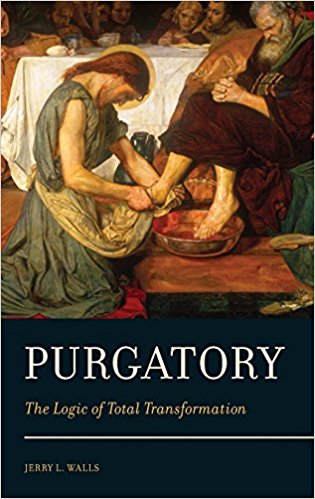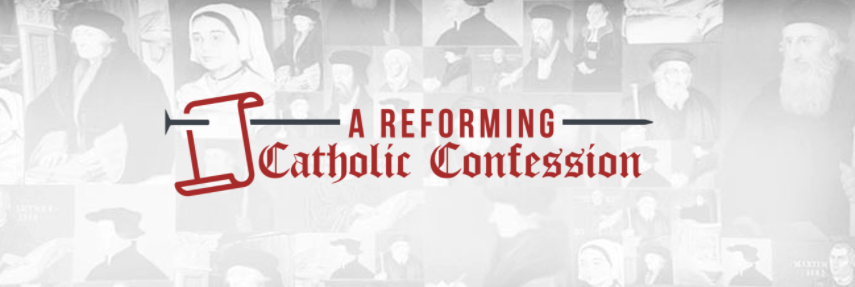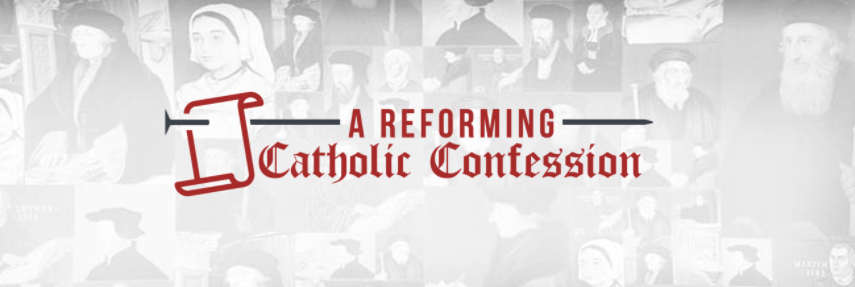Evangelicals are brave…when they’re in a caravan of circled bandwagons.
Several weeks ago, the Nashville Statement was promoted by a group plagued with a troublesome Christology. Nonetheless, it garnered widespread support in a wide breadth of evangelicalism, from fairly liberal to fairly conservative. The document affirmed the sinfulness of homosexual action, but fell short of affirming the sinfulness of homosexual desire, which is why Pulpit & Pen – while not encouraging people not to sign it – we did encourage people caution and careful reading before falling in line behind their favorite evangelical leaders. Simply urging caution and a careful reading was enough to earn the ire of certain evangelicals, particularly those keen on building bridges of friendship evangelism of misplaced naivety. Since then, other evangelicals – like the Alliance of Confessing Evangelicals – have also expressed similar concerns about the design, intent, and purpose of the Nashville Statement.
Now there is a new statement – this one on Protestantism and the Reformation. Called, “A Reforming Catholic Confession,” the drafters explain that they desire to espouse a “mere Protestantism.” Think of it like a “Protestantism for Dummies.” The long, rambling, seemingly incoherent document seems to make an effort to explain the general fundamental principles of Protestantism (in a highly, highly disorganized and circuitous way) and in the vaguest sense possible, reference some of the traditional Protestant problems with Catholicism (noticeably without taking ownership of said problems or asserting agreement with those historic Protestant positions).
In the last section of the statement, the drafters point out their goal is a Protestant sort of ecumenism and unity…
- We recall and commend John Wesley’s plea that Protestants display a catholic spirit, a call for right-hearted believers to give up their prideful insistence on their right opinions in order to establish right relations with others whose hearts and minds are set on following Jesus according to the Scriptures. We resolve to rededicate ourselves to dialogue in, with, and for the communion of saints, and not to settle for thinking and doing things separately that we can in good conscience think and do together, for the sake of our common witness to the one church of Jesus Christ.
One has to wonder if the drafters are intending dialogue with Roman Catholics and Protestants, or just among Protestants. One is also left wondering if the drafters consider Roman Catholics a part of the communion of saints or not. One has to wonder if the drafters consider Roman Catholicism to be a part of the “one church of Jesus Christ” or not. The declaration is wholly unclear on this point. In fact, the statement goes on to say…
We acknowledge that our own churches are not the only ones who are in communion with the living Lord, and that we are not the only ones to seek to read Scripture faithfully.Secondly, we would have to strongly condemn the notion that an “insistence on right opinions” is prideful, or that unity in true fellowship can be had around anything other than sound doctrine.
More will be said about the document when there is more time to review it, but suffice it to say that the committee drafting the declaration is deeply troublesome.
The first name on the drafting committee is Dr. Jerry Walls.
 Walls is a professor of philosophy at Houston Baptist University, is best known for his rabid anti-Calvinsim (including his book, Why I Am Not a Calvinist). We brought to you an explanation of Walls earlier this year at Pulpit & Pen in this post, and said the following…
Walls is a professor of philosophy at Houston Baptist University, is best known for his rabid anti-Calvinsim (including his book, Why I Am Not a Calvinist). We brought to you an explanation of Walls earlier this year at Pulpit & Pen in this post, and said the following…
As it turns out, Jerry Walls’ other recent publications set out to defend the Romish heretical doctrine of purgatory (Purgatory: The Logic of Total Transformation[2011]; Heaven, Hell, and Purgatory: Rethinking the Things That Matter Most [2015]). Strategically scheduled for release in October 2017 is, Roman but Not Catholic: What Remains at Stake 500 Years after the Reformation (I’m gonna go out on a limb here and make the wild speculation that “unity” will be the thing alleged to “remain at stake after 500 years”). So, to honor the Protestant Reformation, Jerry Walls will undoubtedly repudiate it.
In fact, it is safe to say that this document is designed to bolster the book that will be released by Walls next month.
Walls’ greatest departure from Christian orthodoxy isn’t his repudiation of Calvinism, but his embrace of the doctrine of purgatory and – by extension – hypothetical Universalism. Yes, that’s correct. The drafter of this declaration begging for Protestant unity actually believes in the Roman Doctrine of purgatory and – according to Walls himself – is a hypothetical Universalist.
After being interviewed by Ron Way said of Jerry Walls, “I was happy to hear that Dr. Jerry Walls said that he thinks that good people of all faiths might still be saved. That’s a wonderful thing, and I appreciated that. I choose to believe that this is what Jesus meant when he taught so long ago that we’re all God’s children, no matter our tradition or faith…”
Yeah. Unify around that, signers. Genius.
Last week, when we gave our concerns about the Nashville Statement we said there were four things to think about before signing such a statement. These include:
1. Do you support those who crafted the document, and are you completely confident that your support will not have unintended consequences? In other words, by signing the document, will you become a useful idiot in someone else’s propaganda campaign?
2. Is the declaration abundantly clear in its words and definitions, or is it intentionally vague? If it is vague, why? If you do not know why it is vague, refer back to question #1 above.
3. Declarations are designed to draw lines in the sand. Are you sure – are you positive – that you are comfortable where the declaration draws that line?
4. Is the declaration committee soliciting signatures from those who you are not to Biblically “yoke” yourself with (2 Corinthians 6:16)?
Rallying around Jerry Walls purgatory-believing “Protestant Unity” vary from troublesome to ordinarily sound, including representatives from both Southern Baptist Theological Seminary and Southwestern Baptist Theological seminary, Ed Stetzer, NAR charismatic Sammy Rodriguez, and more.
Signees are quickly piling onto the document, apparently oblivious as to the reason for its existence or unconcerned with its ecumenism that would place heretics like Jerry Walls in unity with Protestant evangelicals. These include JD Greear, Wayne Grudem, Robert Blackaby, Michael Horton, Thomas Kidd, Peter Leithart, James MacDonald, and Russell Moore.
In the mean time, there’s no reason to re-create the wheel when it comes to a confession of Protestantism. There are many. Pick one. For example, check out Chapter 26 of the 2nd London Baptist Confession of Faith (a confession far more clear on the wickedness of Roman Catholicism, the definition of the Christian Church and the basis for Christian unity than this document).












